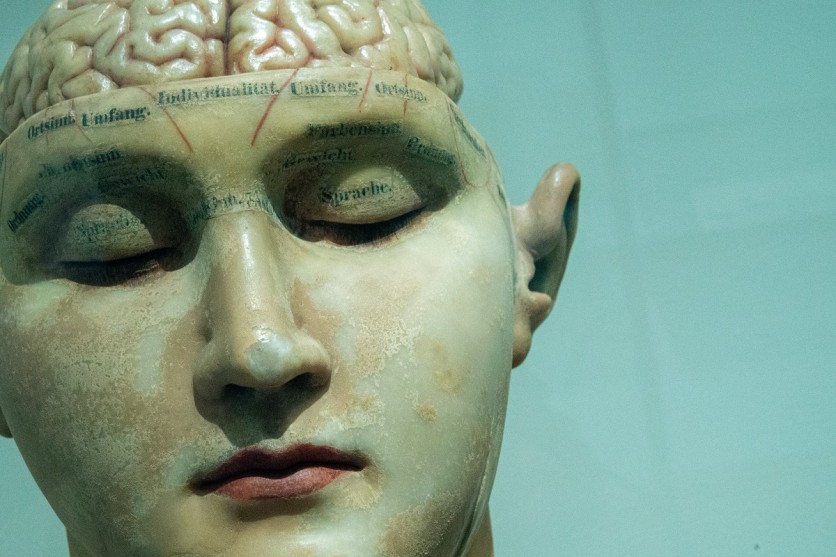
Artificial Intelligence (AI) is increasingly used in medicine, notably for disease diagnosis.
A rising number of specialists use deep learning, a machine learning technology based on artificial neural networks, to learn by a pattern like human brains. This helps identify potentially life-threatening illnesses, including cancer, heart disease, and even asymptomatic COVID-19.
Yet the next breakthrough for AI in medicine might be detecting Alzheimer's, the dreadful illness that causes permanent cognitive decline and dementia. Its treatment and effective early diagnosis have baffled medical experts for a century.
AI for Alzheimer's Detection
According to Fortune's report, researchers at Massachusetts General Hospital discovered that deep learning was more accurate than comparative AI models that were not taught to examine various characteristics. It could also identify Alzheimer's cases regardless of patient age, which generally complicates early-onset identification.
PLOS ONE, a scientific and medical magazine, released these results last week.
About 10,000 brain scan photos from patients with and without Alzheimer's disease were used to build a deep learning model. The model was then evaluated against clinical Alzheimer's diagnosis data.
The deep learning algorithm identified Alzheimer's cases with 90.2% accuracy, five percentage points higher than conventional AI models. Regardless of age, location, or diagnosis, this AI model performed better.
"This is one of the only studies that used routinely collected brain MRIs to attempt to detect dementia," said lead author Matthew Leming, a research fellow at Massachusetts General Hospital.
"Our results-with cross-site, cross-time, and cross-population generalizability-make a strong case for clinical use of this diagnostic technology."
According to a 2017 research, human clinical detection rates of Alzheimer's are 77%. A 90% accuracy rate would be much superior.
AI's Impact on Alzheimer's Research
Alzheimer's is notoriously hard to forecast and diagnose, but this might all change if future studies make AI and deep learning more frequently employed in diagnosis.
Over 44 million individuals throughout the globe are living with Alzheimer's disease. Yet, Alzheimer's is only one manifestation of a wide variety of dementia-related illnesses.
Up to one-quarter of Alzheimer's patients were misdiagnosed in a 2017 study of over 900 persons, with false positives and false negatives accounting for around equal numbers of these errors. Several symptoms of Alzheimer's disease are similar to those of other prevalent neurological conditions, such as Lewy body or frontotemporal dementia, which contributes to the disease's high propensity for being misdiagnosed.
According to the American Academy of Neurology, dementias like Alzheimer's may be readily misdiagnosed among the elderly. This risk rises with the patient's age.
Almost 90% of Alzheimer's cases are considered "sporadic," emerging in people with no genetic relation to the illness, making it difficult to predict who will get the disease and when.
Due to these constraints, absolutely no effective early screening models exist for Alzheimer's disease. The majority of cases are recognized only after the onset of brain damage has occurred.

![Apple Watch Series 10 [GPS 42mm]](https://d.techtimes.com/en/full/453899/apple-watch-series-10-gps-42mm.jpg?w=184&h=103&f=9fb3c2ea2db928c663d1d2eadbcb3e52)



